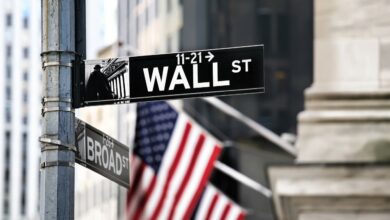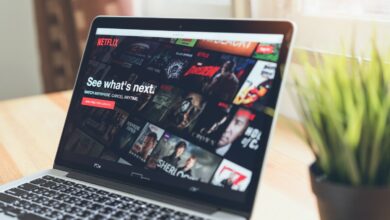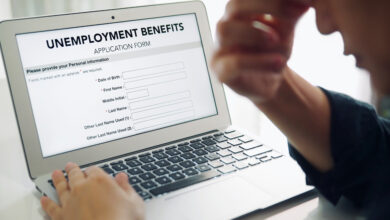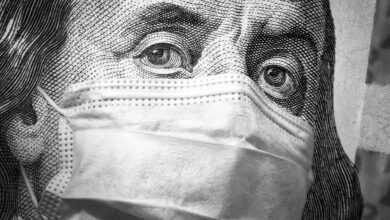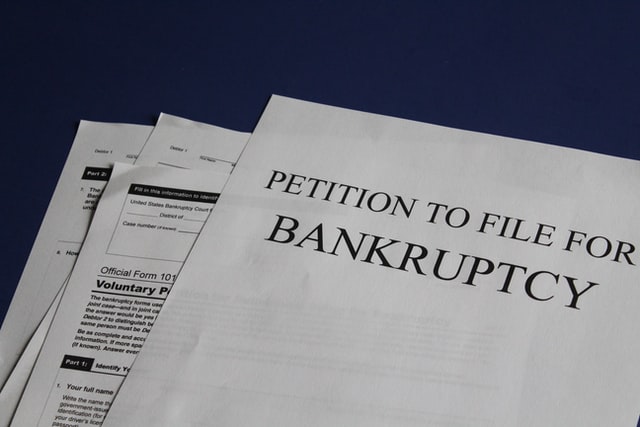
The year 2020 has not been kind to many of us. We may have suffered the loss of a friend or a loved one. We may have been ill ourselves, or been injured in a protest or riot. We may have lost a job or had to close our business due to reduced traffic during the shelter in place requirement. It seems that no matter what we have tried to this thus far this year, we are being compressed and limited from all sides.
Bankruptcy is a Fresh Start
Read More »Some definitions to consider:
Secured debt is debt that is tied to an object, or that has collateral. Your car loan and your house can serve as collateral, so mortgages and car loans are considered to be secured debt.
Unsecured debt is debt that gives the lender nothing to repossess. Credit card debt, pay day loans and consolidation loans are examples of unsecured debt. As a general rule, unsecured debt has a higher interest rate.
If you don’t own your home but have a lot of unsecured debt, a Chapter 7 bankruptcy may be a good option. You may be forced to liquidate some assets in a Chapter 7, but it will discharge your debts with the exception of student loan debts. Depending on the state where you live, you may be able to keep your car if you refinance it.
For business owners, a Chapter 11 bankruptcy can provide protection while the business owner restructures the debt to pay it over time.
Individuals can protect their homes, cars, and retirement accounts with a Chapter 13 bankruptcy. This allows the debtor to restructure their debt and pay down the money owed over a period of time, generally 3 to 5 years.
Is Bankruptcy a Sign of Failure?
If the idea of filing a personal or business bankruptcy is unpleasant to you, take a look at what your debt burden is costing you. If your physical well-being is suffering due to stress over unpaid bills, remember that heart attacks and strokes are not a good trade-off while you try to avoid bankruptcy.
Filing for bankruptcy is a way to get your finances in order. If you’re struggling under the weight of tremendous medical debt, or if a job loss or injury has caused you to live on credit while you tried to find work, finance experts point out that the effect of a bankruptcy on your credit record will fall off over time.
Times are Changing
It used to be that going bankrupt meant that you were destitute. This is no longer the case. In fact, if you file bankruptcy, your attorney can inform your creditors that they can no longer contact you directly; all correspondence and calls must be routed through the attorney’s office.
While a bankruptcy can impact the timeline on when you can buy a house or finance a car, these activities can be undertaken in other ways. You can buy a home from a landlord once you save up a down payment and you can purchase a car privately. There are many who sell big ticket items who put less weight on a bankruptcy in your past, particularly if the bankruptcy was related to medical bills.
Economic Fragility
Many workers have lost their jobs, and in the United States, that also means the end of health insurance for many people. The pandemic infection can be managed at home if you have a mild case, but for many who develop this illness, the health burden is a lifelong challenge.
Wage stagnation and a purchase-hungry culture has led too many of us to have no savings at all. In the event of an emergency, we can only cut our style of living so low before we must rely on credit. While credit is handy, it’s not a great plan for long-term financial stability. Sadly, even with savings, medical debt can be so great that many of us can’t keep up.
A Word About Student Loans
The burden of student loan debt is crippling for many people. If you have a lot of student loan debt, check with a local credit union about a consolidation loan. Putting all of your loans in one bundle can lower your payment and free up your monthly cashflow.
COVID-19 has exposed some grim features of our economy. The American entrepreneurial spirit has built a system of side hustles that depend on a robust, moving economy. Not only have many folks with traditional jobs lost their income, but households that were being kept afloat with side hustles are now floundering.

